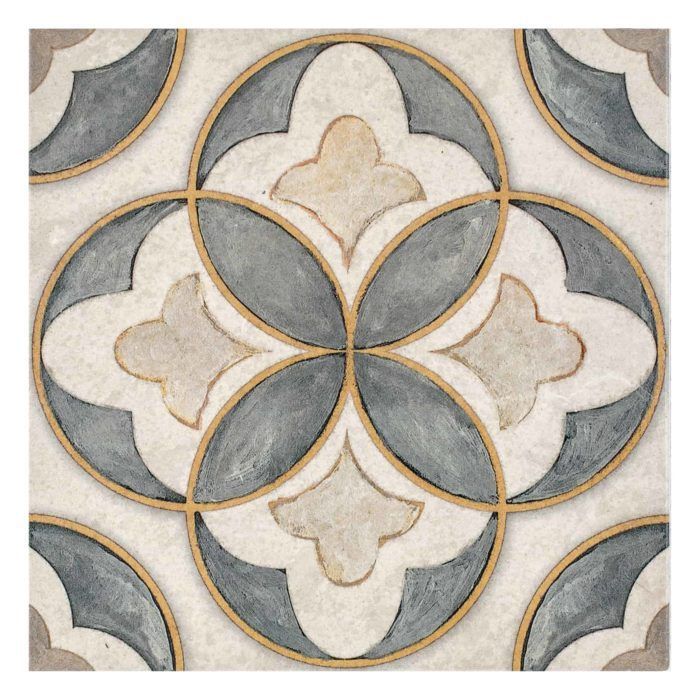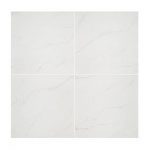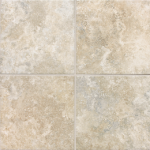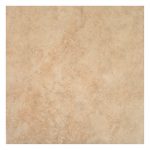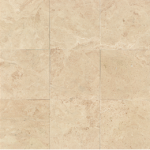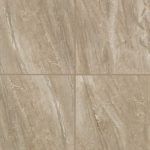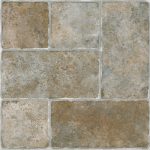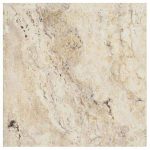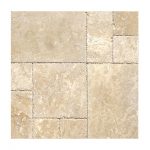When it comes to flooring options, floor tiles are a popular choice due to their durability, longevity, and aesthetic appeal. However, there are several types of floor tiles to choose from, each with their own set of pros and cons. In this article, we will discuss the pros and cons of different types of floor tiles to help you make an informed decision for your next flooring project.
Ceramic Tiles: Pros: – Ceramic tiles are highly durable and resistant to scratches, stains, and moisture. – They are available in a wide range of colors, patterns, and styles, making them versatile and customizable. – Ceramic tiles are easy to clean and maintain, requiring only regular sweeping and mopping.
Cons: – Ceramic tiles can be cold and hard underfoot, which may not be comfortable for some people. – They can be prone to cracking if not properly installed on a flat, level surface. – Grout lines between ceramic tiles can accumulate dirt and grime over time, requiring regular cleaning.
Porcelain Tiles: Pros: – Porcelain tiles are even more durable and resistant to scratches, stains, and moisture than ceramic tiles. – They are available in a wide range of designs, including wood and stone look-alikes. – Porcelain tiles are low-maintenance and easy to clean.
Cons: – Porcelain tiles can be more expensive than ceramic tiles. – They are harder to cut and install, requiring specialized tools and expertise. – Porcelain tiles can be slippery when wet, posing a potential safety hazard.
Natural Stone Tiles: Pros: – Natural stone tiles, such as marble, granite, and travertine, add an elegant and luxurious touch to any space. – They are durable, long-lasting, and can increase the resale value of a property. – Natural stone tiles come in unique variations, patterns, and colors that give each tile a one-of-a-kind look.
Cons: – Natural stone tiles are porous and require regular sealing to prevent stains and damage. – They can be more expensive than ceramic or porcelain tiles, depending on the type of stone. – Natural stone tiles can be susceptible to scratching and chipping if not properly cared for.
Vinyl Tiles: Pros: – Vinyl tiles are affordable, versatile, and easy to install, making them a popular choice for DIY projects. – They are available in a wide range of designs, including wood and stone replicas. – Vinyl tiles are soft underfoot and provide a comfortable walking surface.
Cons: – Vinyl tiles can be less durable than ceramic, porcelain, or natural stone tiles, and may show signs of wear and tear over time. – They are susceptible to scratches and tears from heavy furniture and sharp objects. – Vinyl tiles can emit VOCs (volatile organic compounds) during installation, which may pose health risks to sensitive individuals.
In conclusion, each type of floor tile has its own set of pros and cons, so it’s important to consider your needs, budget, and preferences before making a decision. Whether you choose ceramic, porcelain, natural stone, or vinyl tiles, proper installation and maintenance will ensure that your new flooring will stand the test of time and continue to look beautiful for years to come.
 decorafit.com Design ideas for your home and patio
decorafit.com Design ideas for your home and patio
